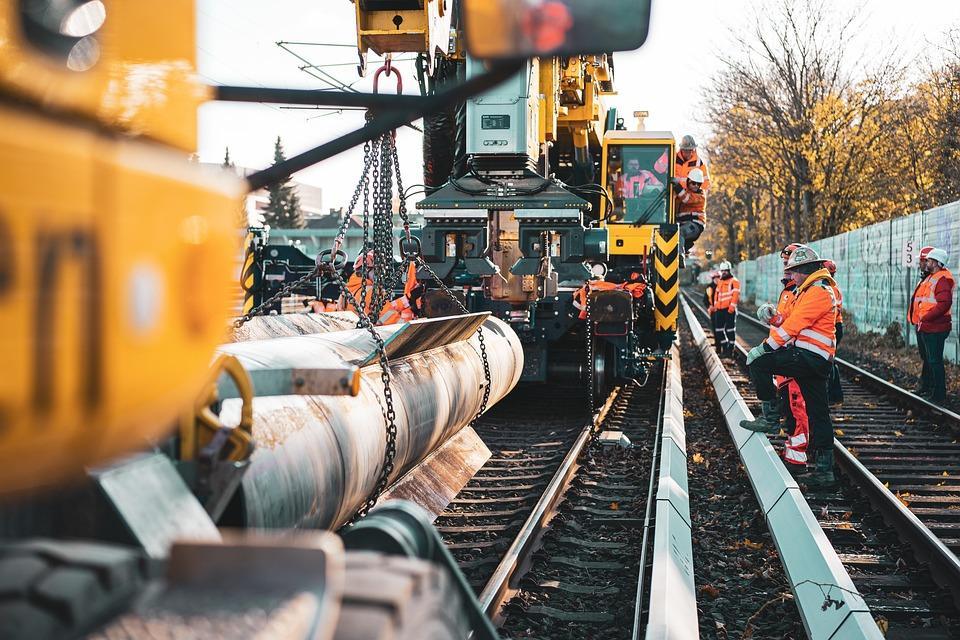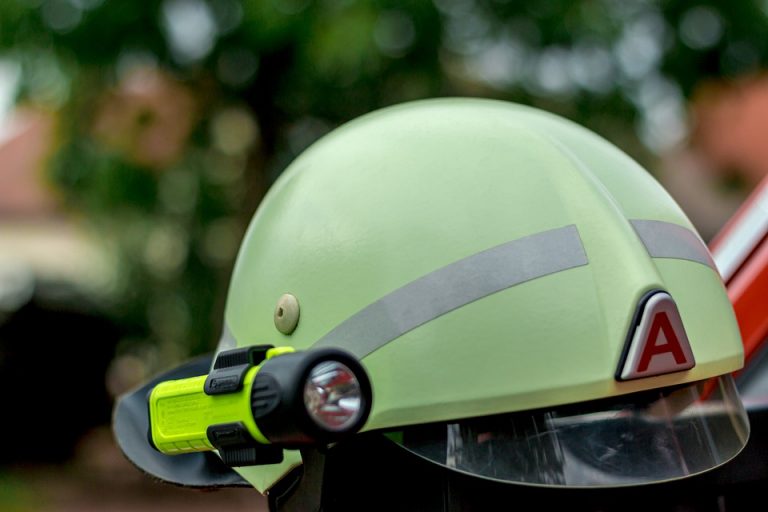Blockchain technology is transforming industries, and every blockchain developer needs to possess a unique set of skills to thrive in this vibrant landscape. As the world rapidly embraces decentralized systems, understanding what it takes to succeed in this field is crucial. So, whether you’re stepping into the crypto realm or looking to sharpen your existing skills, let’s dive into the seven essential skills that will empower you to make an impact.
Contents
- What is Blockchain Development?
- 1. Proficiency in Programming Languages
- 2. Understanding of Blockchain Architecture
- 3. Cryptography Knowledge
- 4. Experience with Blockchain Frameworks
- 5. Problem-Solving Skills
- 6. Knowledge of Decentralized Applications (dApps)
- 7. Familiarity with Regulatory and Compliance Issues
- Bottom Line
What is Blockchain Development?
Before we embark on this journey, let’s clarify what blockchain development entails. At its core, blockchain development involves creating and managing blockchain-based solutions. This technology underpins cryptocurrencies but extends far beyond them, impacting finance, healthcare, supply chain management, and even art.
Why does this matter to you? Because mastering these skills not only enhances your career prospects but also positions you as a leader in a forward-thinking field.
1. Proficiency in Programming Languages
To be a successful blockchain developer, you must be fluent in programming languages.
Key Languages to Master:
- Solidity: The primary language for writing smart contracts on Ethereum.
- JavaScript: Essential for frontend development and interacting with blockchain networks.
- Python: Renowned for its simplicity and versatility, perfect for scripting and backend development.
- Go and Rust: Increasingly popular for building secure and efficient blockchain applications.
Having a strong grasp of these languages allows you to create robust applications. Remember, the more languages you know, the more versatile you become in tackling various challenges.
2. Understanding of Blockchain Architecture
A deep understanding of blockchain architecture is non-negotiable.
Key Concepts Include:
- Distributed Ledger Technology (DLT): Know how data is stored across multiple locations.
- Consensus Mechanisms: Familiarize yourself with Proof of Work, Proof of Stake, and other methods that validate transactions.
- Smart Contracts: Learn how to create self-executing contracts with coded terms.
When you understand these elements, you can design solutions that are both efficient and secure. This knowledge sets you apart as an expert, giving clients and employers confidence in your capabilities.
3. Cryptography Knowledge
Cryptography is the backbone of blockchain technology.
Why It Matters:
- Data Security: Protects sensitive information from unauthorized access.
- Integrity: Ensures that data remains unchanged during transactions.
- Authentication: Confirms the identity of users involved in transactions.
A solid grasp of cryptographic principles allows you to build secure applications and safeguard user data. This is crucial in maintaining trust in blockchain systems.
4. Experience with Blockchain Frameworks
Working with established blockchain frameworks can accelerate your development process.
Popular Frameworks to Explore:
- Ethereum: The most widely used platform for creating decentralized applications (dApps).
- Hyperledger Fabric: Ideal for enterprise solutions, focusing on privacy and scalability.
- Corda: Aimed at financial services, emphasizing transaction privacy.
Familiarizing yourself with these frameworks enhances your ability to create tailored solutions for various industries. This adaptability is a key asset in your developer toolkit.
5. Problem-Solving Skills
Blockchain development is not just about writing code; it’s about solving complex problems.
Key Attributes of a Good Problem Solver:
- Analytical Thinking: Break down challenges into manageable parts.
- Creativity: Think outside the box to come up with innovative solutions.
- Persistence: Be prepared to tackle obstacles head-on, learning from failures along the way.
Strong problem-solving skills enable you to navigate the challenges inherent in blockchain projects, making you a valuable asset to any team.
6. Knowledge of Decentralized Applications (dApps)
Decentralized applications are at the heart of blockchain technology.
What You Need to Know:
- Design Principles: Understand how to create user-friendly interfaces for dApps.
- Interoperability: Know how different blockchain networks can communicate.
- User Experience (UX): Focus on creating seamless interactions for users.
Mastering dApp development means you can contribute to shaping the future of technology. Your ability to create engaging, decentralized solutions will set you apart in the competitive landscape.
7. Familiarity with Regulatory and Compliance Issues
As blockchain technology evolves, so do the regulations surrounding it.
Areas to Focus On:
- Data Privacy: Understand regulations like GDPR that affect how data is handled.
- Compliance Standards: Familiarize yourself with local and international laws governing cryptocurrencies and blockchain technologies.
- Risk Management: Know how to assess and mitigate risks associated with blockchain projects.
Being well-versed in these areas not only enhances your credibility but also ensures that your projects comply with necessary regulations, safeguarding your work and your clients.
Bottom Line
In the fast-paced world of blockchain development, possessing these seven essential skills is vital for your success. As you hone your programming prowess, deepen your understanding of blockchain architecture, and embrace the challenges of problem-solving, you’ll position yourself as a leader in this transformative field.
So, are you ready to take your skills to the next level? The blockchain revolution is here, and your journey starts now.
FAQs
What programming languages should I start learning as a beginner?
If you’re new, start with JavaScript and Python. They’re user-friendly and widely applicable in blockchain development.
How important is cryptography in blockchain?
It’s crucial. Cryptography ensures the security and integrity of transactions, making it a fundamental skill for any blockchain developer.
Are there certifications for blockchain developers?
Yes, several reputable organizations offer certifications that can validate your skills and enhance your credibility in the field.
Embrace these skills, and watch your opportunities grow!








